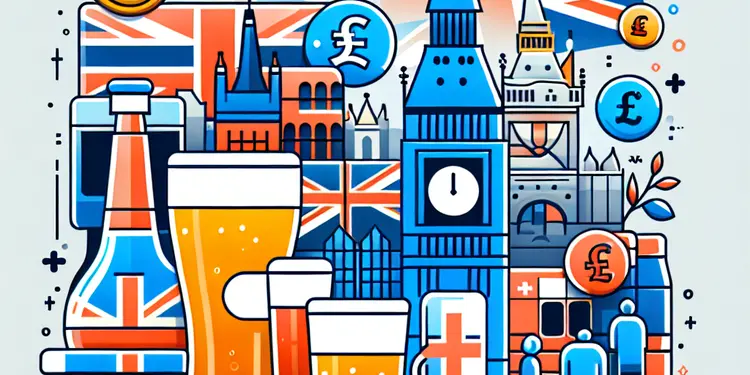
Find Help
More Items From Ergsy search
-
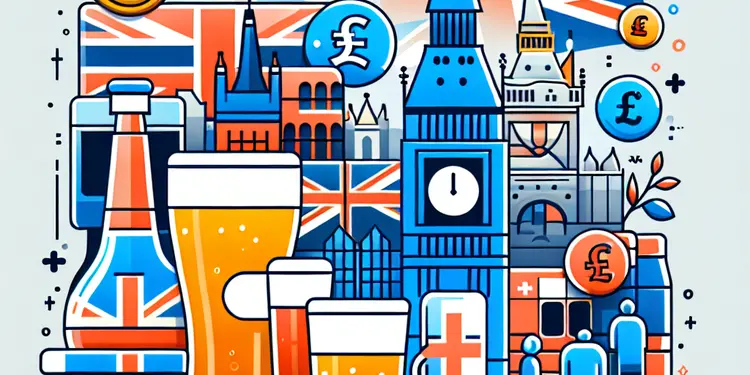
Why is binge drinking common among young adults?
Relevance: 100%
-
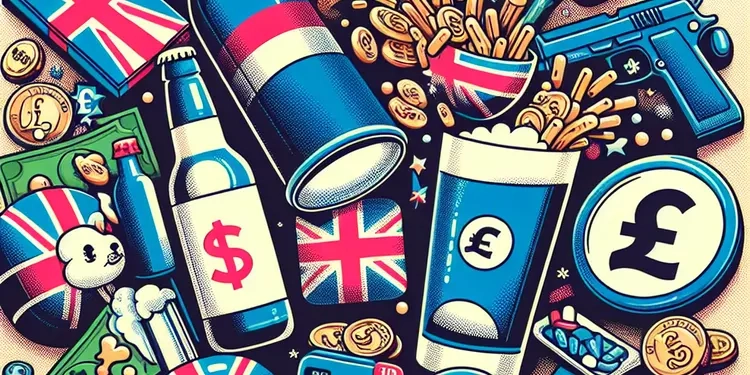
What is binge drinking?
Relevance: 73%
-
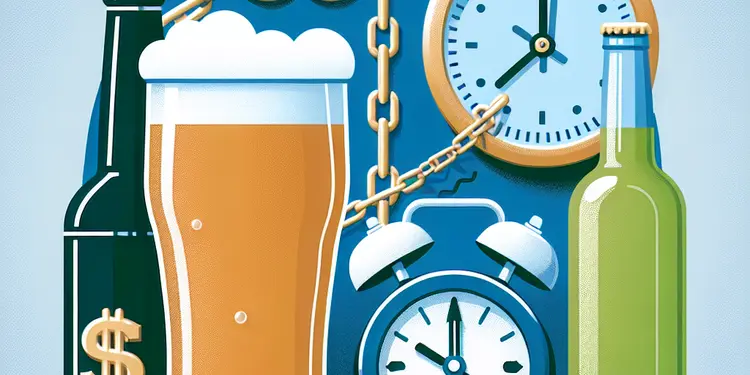
Can binge drinking lead to addiction?
Relevance: 70%
-
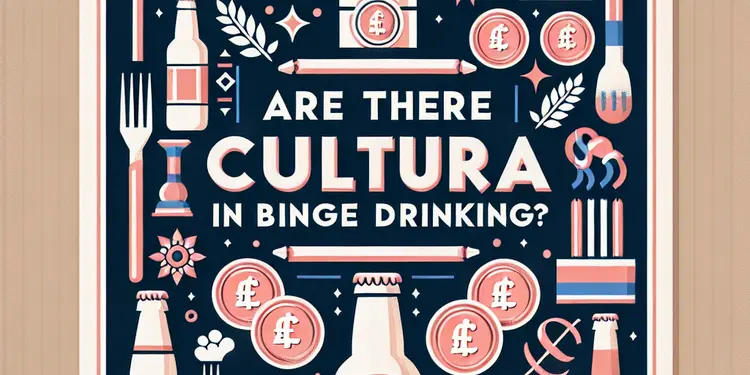
Are there cultural factors in binge drinking?
Relevance: 67%
-
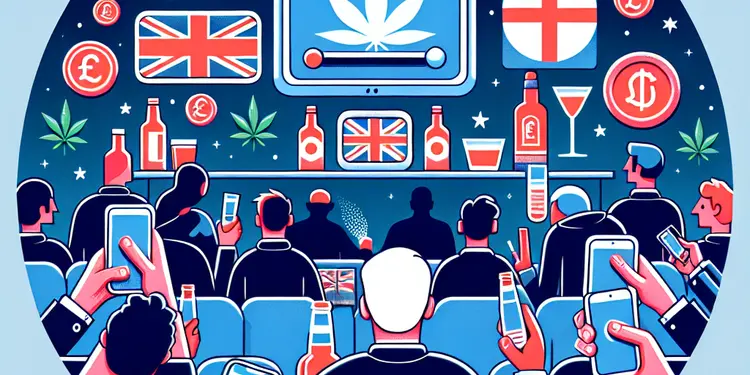
What is the role of peer pressure in binge drinking?
Relevance: 66%
-
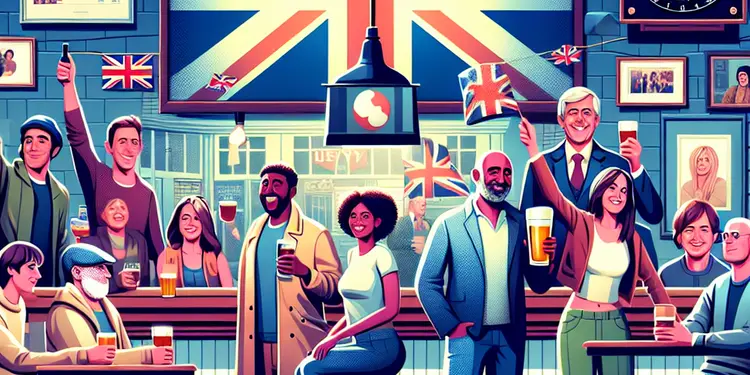
Is binge drinking more common in any specific demographic?
Relevance: 64%
-
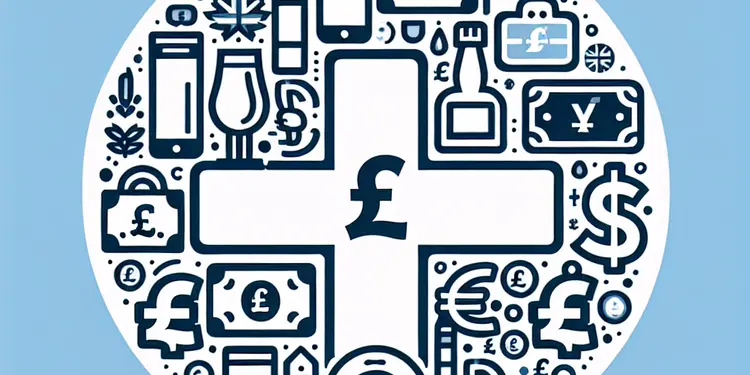
What can be done to prevent binge drinking?
Relevance: 64%
-
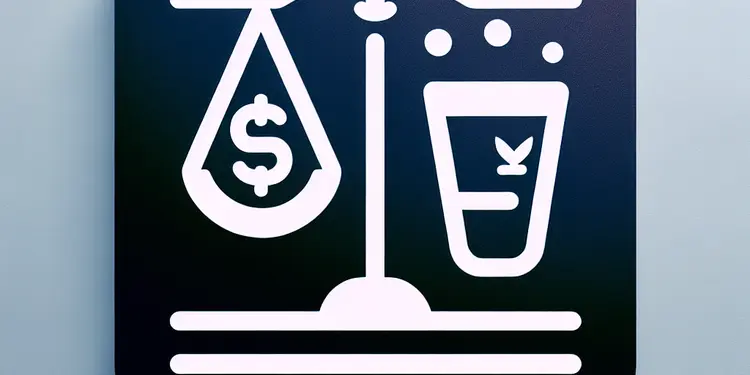
Are there any laws against binge drinking?
Relevance: 62%
-
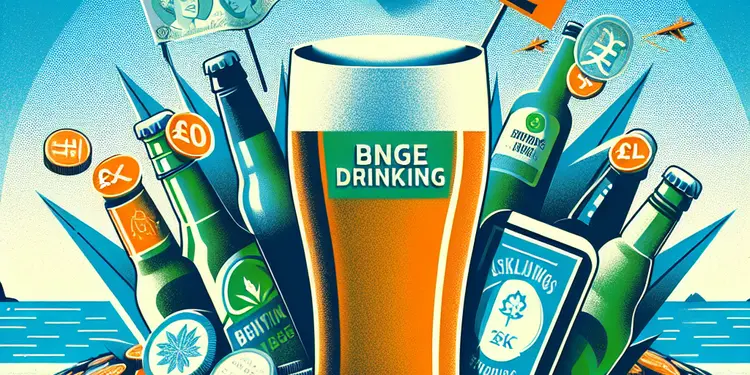
What are the risks associated with binge drinking?
Relevance: 62%
-
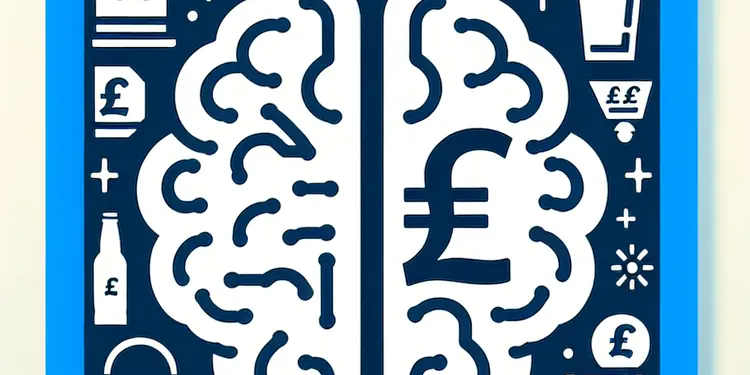
How does binge drinking affect the brain?
Relevance: 60%
-
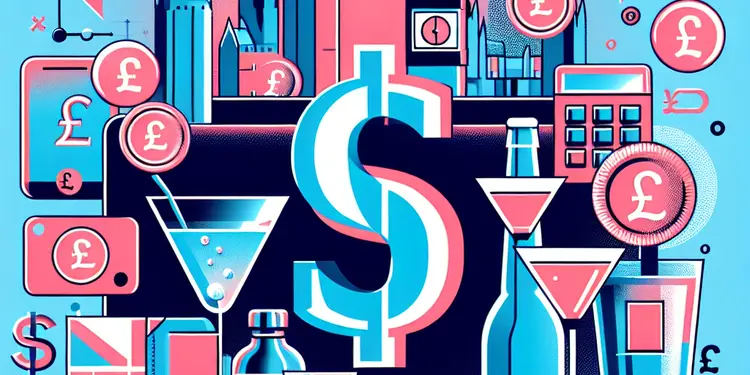
What are the social consequences of binge drinking?
Relevance: 60%
-
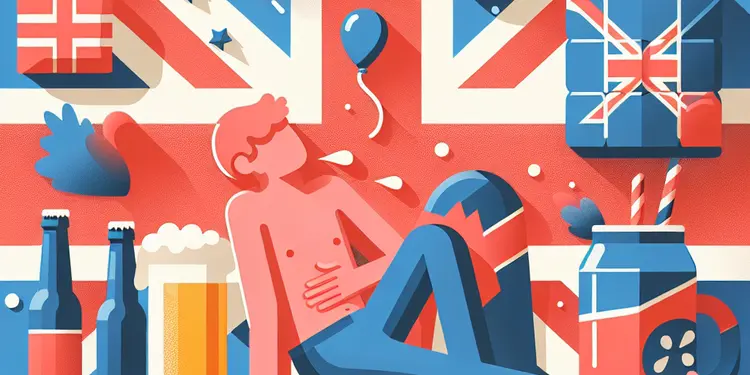
How does binge drinking affect mental health?
Relevance: 60%
-
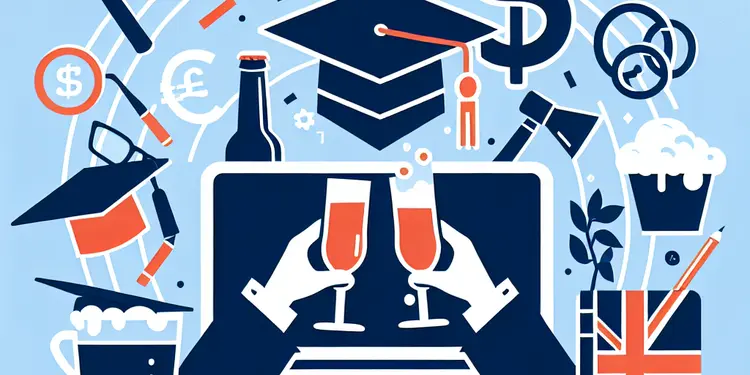
How does binge drinking impact academic or work performance?
Relevance: 59%
-

How is binge drinking typically defined?
Relevance: 58%
-
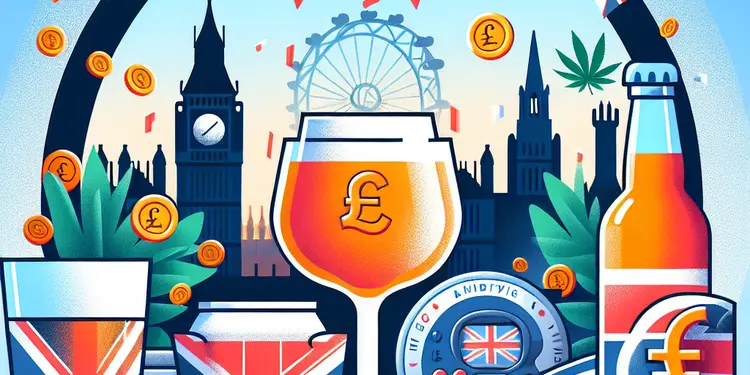
Can binge drinking affect physical health?
Relevance: 55%
-
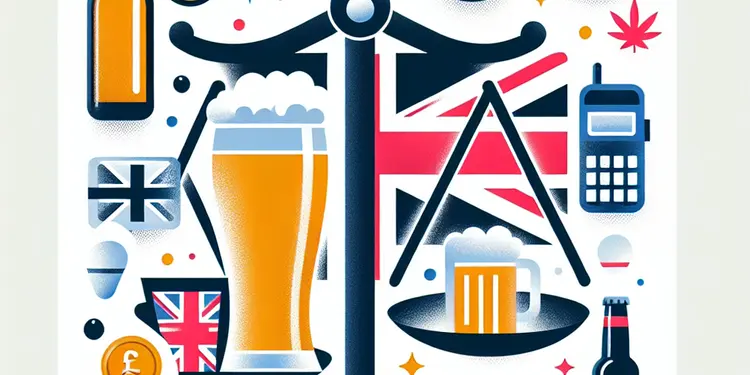
How does alcohol tolerance relate to binge drinking?
Relevance: 55%
-
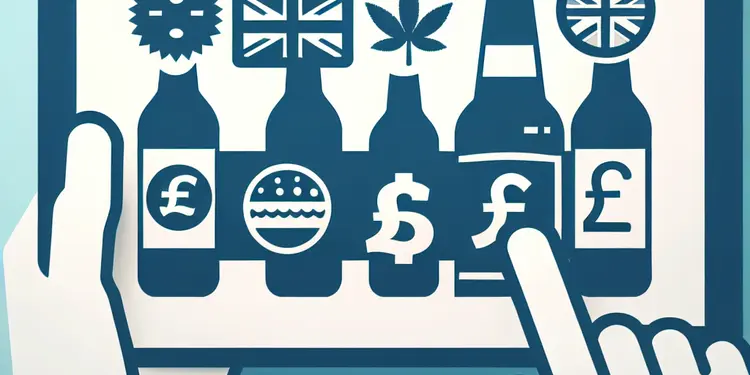
How can one reduce the risk of binge drinking?
Relevance: 53%
-
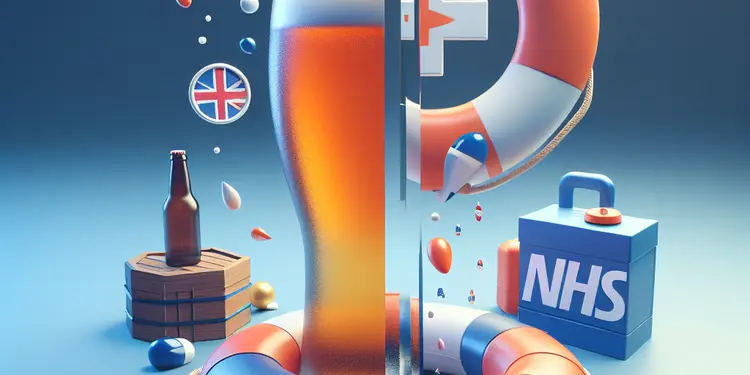
What resources are available for someone struggling with binge drinking?
Relevance: 52%
-
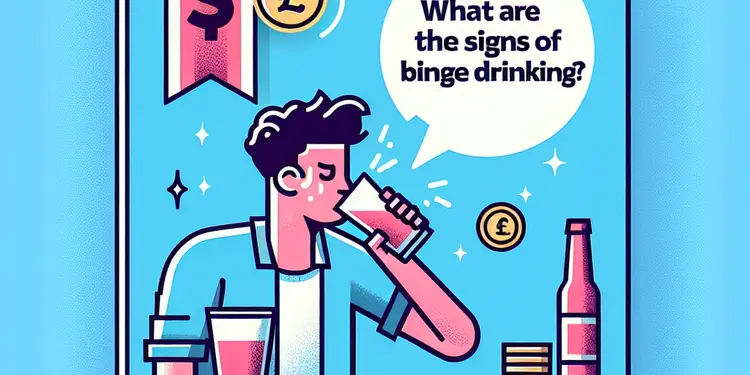
What are the signs of binge drinking?
Relevance: 45%
-
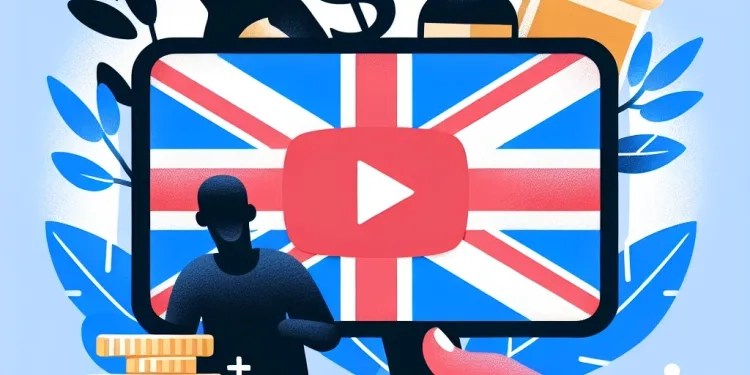
What is safe alcohol consumption in Adults?
Relevance: 37%
-

Why are teenagers and young adults recommended to get the MenB vaccine?
Relevance: 37%
-
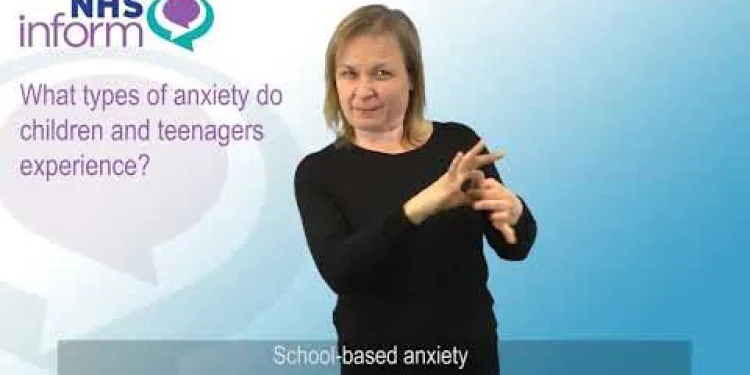
Anxiety in young people
Relevance: 33%
-
Are high caffeine drinks safe?
Relevance: 30%
-
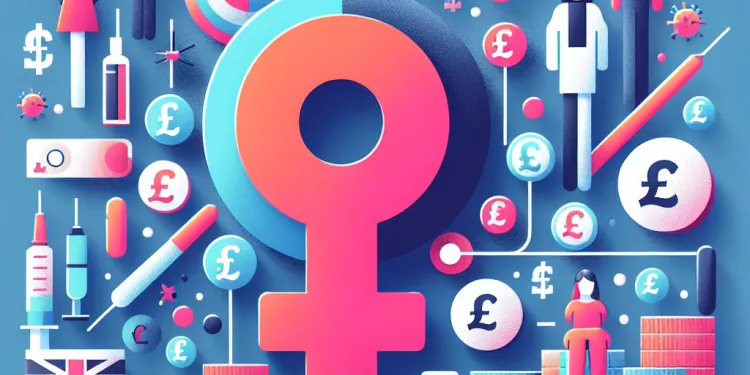
Surge in HPV Vaccination Rates Among Young Women in the UK
Relevance: 27%
-

What is the recommended daily sugar intake for adults?
Relevance: 27%
-
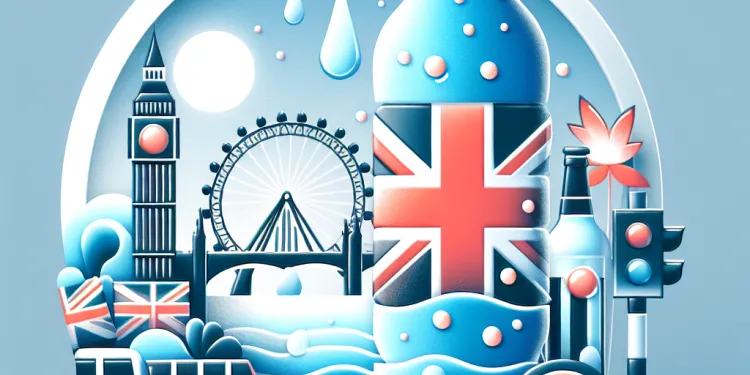
How much water should I drink during a heatwave?
Relevance: 26%
-
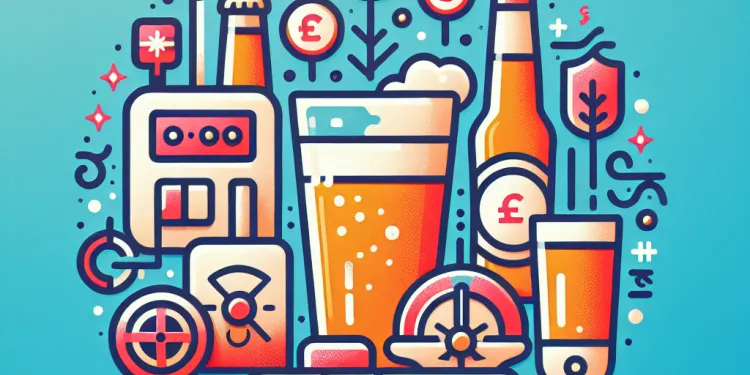
How effective are drink testing kits?
Relevance: 26%
-
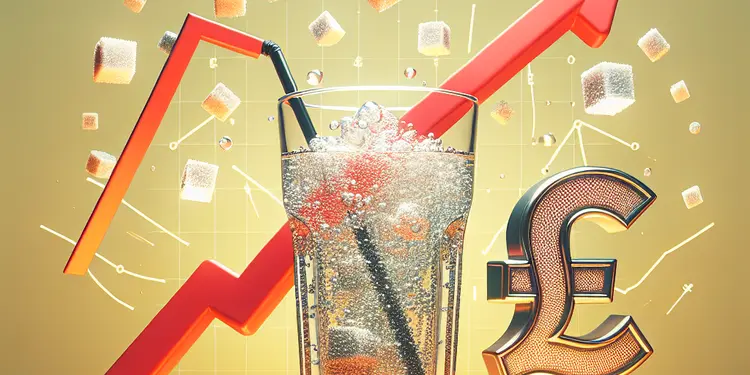
Has the sugar tax affected the sugar content in drinks?
Relevance: 26%
-
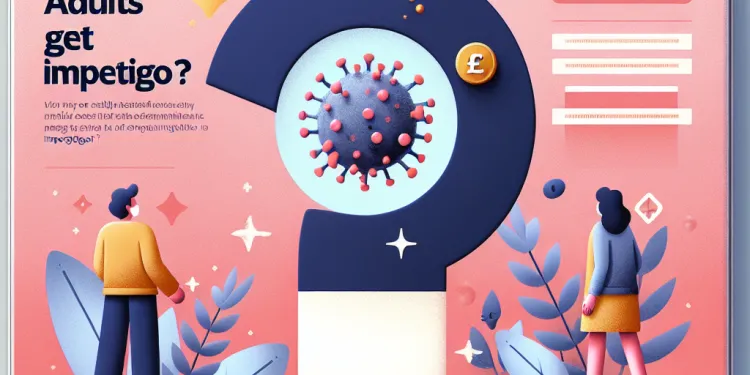
Can adults get impetigo?
Relevance: 25%
-

Can drink spiking occur in private settings?
Relevance: 25%
-
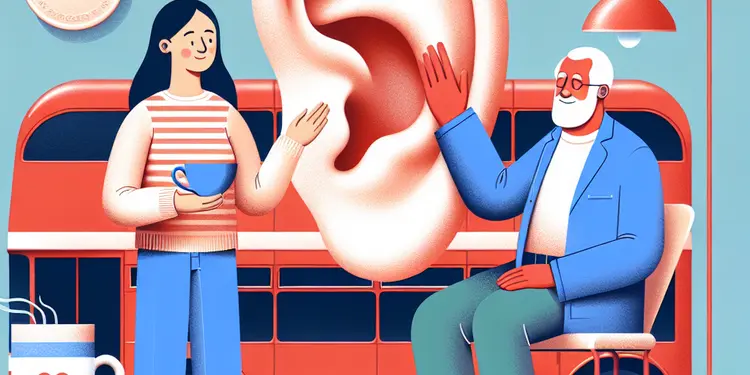
Is tinnitus more common in older adults?
Relevance: 25%
-
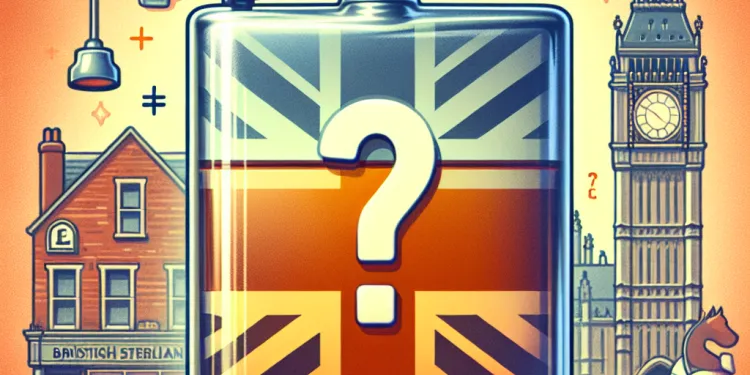
How do I know if my drink was spiked?
Relevance: 24%
-
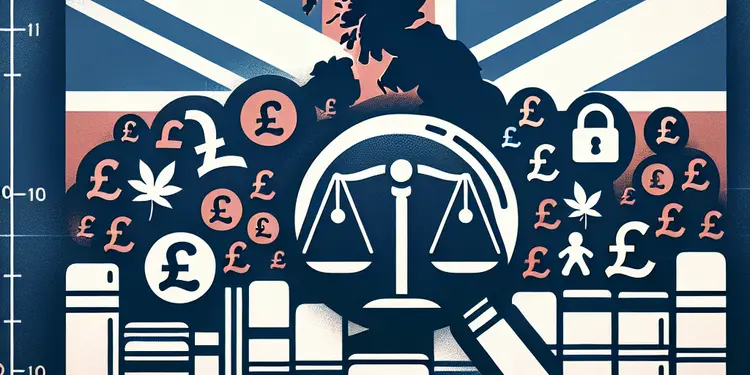
Are juvenile records accessible in the same way as adult records?
Relevance: 24%
-
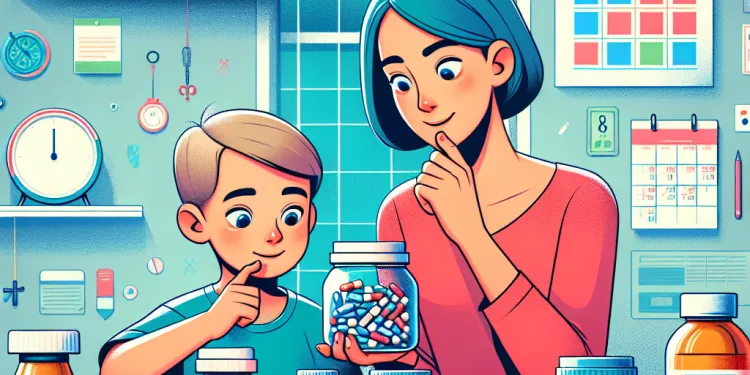
Can children take the same cold medications as adults?
Relevance: 23%
-
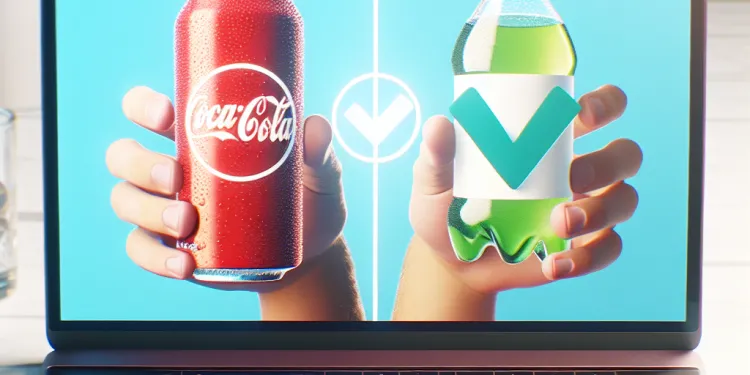
What role do sugary drinks play in obesity?
Relevance: 23%
-
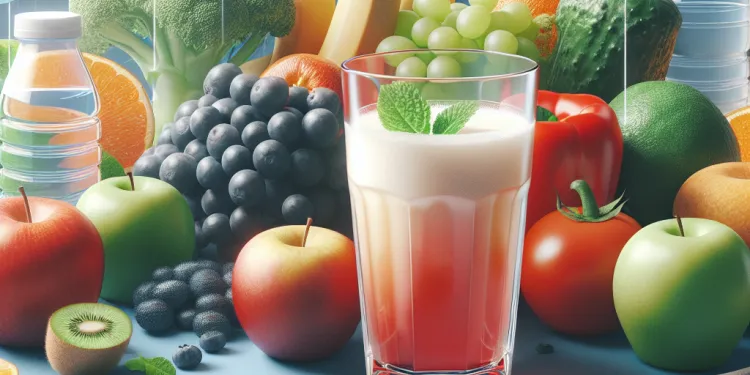
What should I eat or drink if I have norovirus?
Relevance: 23%
-

Are men at risk of having their drinks spiked?
Relevance: 23%
-
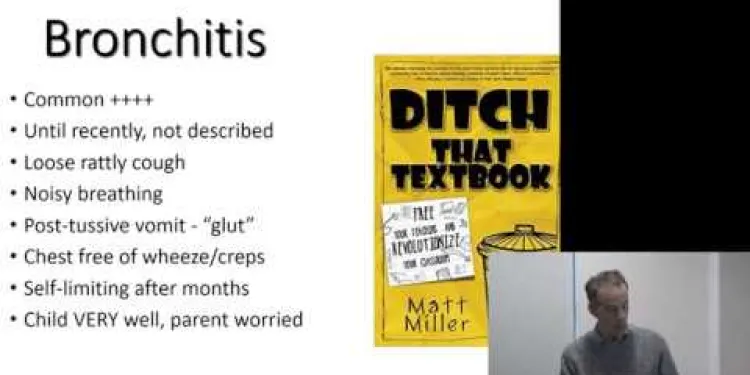
Bronchiolitis and chest infections in young children - Prof Steve Turner
Relevance: 23%
-
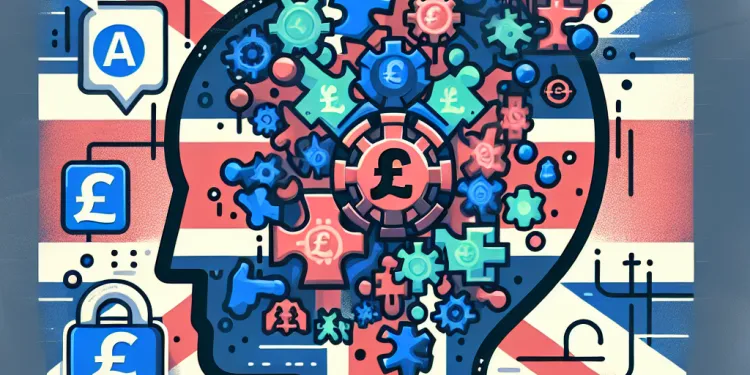
Can adults have autism?
Relevance: 23%
-
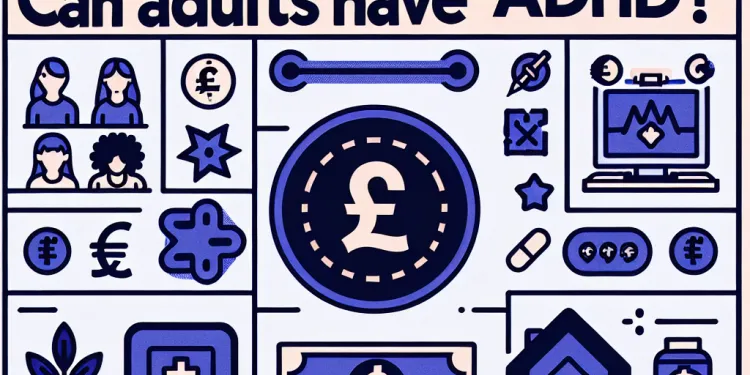
Can adults have ADHD?
Relevance: 23%
Understanding Binge Drinking Among Young Adults in the UK
Binge drinking is a prevalent issue among young adults in the UK, typically defined as consuming large quantities of alcohol in a short period, often with the intention of becoming intoxicated. This behavior is influenced by a combination of cultural, social, and developmental factors that are particularly pronounced during the young adult years. Understanding why binge drinking is common in this demographic requires examining these contributing elements.
Cultural Norms and Social Environment
In the UK, drinking alcohol is deeply embedded in social culture, with many social gatherings revolving around pubs and drinking events. Young adults are particularly influenced by peer groups and social circles, making them more susceptible to partake in excessive drinking when it's perceived as normal or desirable behavior among friends. The expectation to drink heavily in certain social settings is often perceived as a rite of passage or a way to bond with peers.
Developmental Factors
The transition from adolescence to adulthood is marked by significant changes and newfound freedoms, including legal access to alcohol. Many young adults use this period to experiment and establish their social identity, often testing their limits with alcohol consumption. Additionally, the prefrontal cortex of the brain, which governs decision-making and impulse control, is still developing during young adulthood, making individuals more prone to risk-taking behaviors like binge drinking.
Coping Mechanism
Binge drinking is also used as a coping mechanism by some young adults dealing with stress, anxiety, or mental health issues. The pressures of academic achievement, employment, and personal relationships can lead to increased alcohol consumption as a way to escape or briefly alleviate these stresses. This behavior can become cyclical, where reliance on alcohol exacerbates existing problems rather than resolves them.
Influence of Marketing and Media
Alcohol marketing and media portrayals of drinking can influence young adults significantly. Advertising often glamorizes alcohol consumption and associates it with having fun, being socially accepted, or achieving a certain lifestyle. This can shape young adults' perceptions and attitudes towards drinking, leading them to underestimate the risks of binge drinking and view it as a normal part of social life.
Lack of Awareness and Education
Despite public health campaigns, there is often a lack of comprehensive awareness regarding the dangers of binge drinking. Many young adults do not fully understand the short-term and long-term health risks associated with excessive alcohol consumption, such as alcohol poisoning, accidents, or the development of alcohol dependency. Enhanced educational efforts tailored to young adults could be effective in altering perceptions and behaviors.
Conclusion
Binge drinking among young adults in the UK is a multifaceted issue influenced by cultural, developmental, and social factors. Addressing this behavior requires a holistic approach, combining education, policy interventions, and cultural shifts to mitigate the health risks and social pressures that lead young adults to engage in binge drinking.
Understanding Binge Drinking Among Young People in the UK
Binge drinking means drinking a lot of alcohol in a short time. It's common among young people in the UK. Often, the goal is to get drunk. Young people may binge drink because of culture, friends, and growing up. To see why this happens, we need to look at these reasons closely.
Cultural Norms and Social Environment
In the UK, drinking alcohol is part of social life. People often meet in pubs and at events where drinking happens. Young people want to fit in with their friends, so they might drink a lot if it seems normal. Heavy drinking might feel like a way to show you’re grown up or to be close with friends.
Growing Up Changes
Becoming an adult brings new changes, like being allowed to drink alcohol. Young people may want to try new things and find out who they are. They might drink too much to see what their limits are. Also, the part of the brain that helps make good choices and control urges is still growing. This makes young people more likely to take risks like binge drinking.
Dealing with Stress
Some young people drink a lot to handle stress or sadness. School, work, and relationships can be hard. Alcohol might feel like a way to escape problems for a little while. But drinking can make things worse over time.
Influence from Ads and Media
Ads and media can make drinking alcohol look fun and cool. They often show that drinking is part of having a good time or being accepted. This can make young people think binge drinking is normal and safe, even though it's not.
Not Enough Awareness and Education
Even with health warnings, many young people don’t know how bad binge drinking can be. They might not understand the dangers like alcohol poisoning or getting hurt. Better education aimed at young people could help them make safer choices.
Conclusion
Binge drinking in UK young people is a complex problem. It’s influenced by culture, growing up, and social life. To help reduce this, we need to combine education, changes in rules, and shifts in culture. This will help keep young people healthy and safe from the pressures to binge drink.
Frequently Asked Questions
What causes binge drinking among young adults?
Binge drinking among young adults can be influenced by a variety of factors, including peer pressure, a desire for social acceptance, perceived normalcy in college and social settings, stress, and underdeveloped coping mechanisms.
How does peer pressure contribute to binge drinking in young adults?
Peer pressure can lead young adults to engage in binge drinking to fit in with their social group, avoid ridicule, or gain approval from their peers, leading to increased consumption of alcohol.
Is binge drinking more common in college settings?
Yes, binge drinking is often more common in college settings due to the party culture, freedom from parental supervision, and the prevalence of social events where alcohol is consumed.
What role does stress play in binge drinking among young adults?
Young adults may binge drink as a way to cope with stress related to academics, future career prospects, or personal relationships, finding temporary relief in alcohol consumption.
How do young adults perceive binge drinking?
Some young adults perceive binge drinking as a normal part of social life or as a rite of passage, often underestimating the risks and consequences associated with excessive alcohol consumption.
What are some of the consequences of binge drinking for young adults?
The consequences of binge drinking can include alcohol poisoning, accidents, injuries, impaired judgment, mental health issues, academic problems, and long-term health risks.
What efforts are being made to reduce binge drinking among young adults?
Efforts to reduce binge drinking include educational programs, stricter enforcement of drinking age laws, counseling services, and promoting healthier social activities that do not center around alcohol.
Do young adults understand the dangers of binge drinking?
Some young adults may not fully understand the dangers of binge drinking or may choose to ignore them, focusing instead on the perceived short-term social or emotional benefits.
Can parental influence affect binge drinking behavior?
Yes, parental attitudes toward alcohol, communication about drinking, and parental modeling of drinking behavior can significantly influence young adults' propensity to binge drink.
Are there individual differences in susceptibility to binge drinking?
Individual differences such as genetic predispositions, personality traits like impulsivity, and mental health issues can affect a young adult's vulnerability to binge drinking.
What impact does media have on binge drinking among young adults?
Media portrayal of alcohol consumption as glamorous or fun can shape young adults' attitudes and expectations about drinking, potentially increasing the likelihood of binge drinking.
How does accessibility to alcohol impact binge drinking in young adults?
Easy access to alcohol, whether through legal purchase, fake IDs, or social circles, can contribute to higher rates of binge drinking among young adults.
What is considered binge drinking?
Binge drinking is typically defined as consuming a large amount of alcohol in a short period, often leading to a blood alcohol concentration (BAC) of 0.08 g/dL or higher.
How can colleges help reduce binge drinking?
Colleges can help reduce binge drinking by offering alcohol-free social events, implementing strict campus drinking policies, providing counseling services, and educating students about the risks of alcohol abuse.
What are some warning signs of binge drinking?
Warning signs can include consuming alcohol rapidly, drinking with the intention of getting drunk, blacking out, frequent hangovers, and experiencing academic or social problems due to drinking.
Can social media influence binge drinking behavior?
Yes, social media can influence binge drinking behavior by normalizing excessive drinking through shared images or posts about parties, drinks, or intoxicated behavior.
How do cultural attitudes toward alcohol affect binge drinking?
Cultural attitudes that normalize or glamorize heavy drinking can encourage young adults to partake in binge drinking as a socially acceptable behavior.
What role do fraternities and sororities play in binge drinking?
Fraternities and sororities can play a role in binge drinking through the hosting of social events where heavy drinking is promoted or expected as part of the group culture.
Is binge drinking more prevalent among certain demographics of young adults?
Binge drinking can vary among different demographics, influenced by factors such as socioeconomic status, race, gender, and geographical location, with specific groups experiencing higher rates due to various social or environmental influences.
What are some effective strategies for young adults to avoid binge drinking?
Strategies to avoid binge drinking include setting clear personal limits, seeking social activities that do not involve alcohol, understanding the risks, building refusal skills, and surrounding oneself with a supportive peer group.
Why do young adults drink too much alcohol at once?
Young people sometimes drink a lot of alcohol quickly. This is called binge drinking.
Here are some reasons why they might do this:
- They want to have fun with friends.
- They feel pressure from others to drink.
- They want to relax or forget about problems.
- They think drinking is cool or grown-up.
If you want help or information, you can:
- Talk to a trusted adult, like a parent or teacher.
- Look for information online from safe, trusted websites.
- Use tools like pictures or videos to learn more.
Young people might drink too much alcohol for different reasons. Some of these reasons are wanting to fit in with friends, thinking it's normal at school or college, feeling stressed, and not having good ways to deal with problems.
How does being with friends make young adults drink a lot?
When people your age want you to do something, it is called peer pressure. If your friends drink a lot, you might think you should too. This can lead to drinking too much.
If you feel this way, you can:
- Talk to a trusted adult.
- Say "no" and be honest about how you feel.
- Spend time with friends who don’t drink a lot.
Peer pressure means feeling pushed by friends to do things. Young people might drink a lot of alcohol to fit in with friends. They might do this to avoid being laughed at or to feel accepted by their group.
Do college students drink too much alcohol at once?
Yes, binge drinking happens a lot at college. This is because of parties, not having parents around, and many social events where people drink alcohol.
How does stress make young adults drink a lot?
Stress can make young people drink too much alcohol. When they feel stressed or worried, some young people might drink to feel better. It's important to find other ways to relax and feel good. Talking to someone you trust or doing something fun can help.Young people might drink a lot of alcohol very fast. They do this when they feel stressed. Stress can come from school work, thinking about jobs in the future, or problems with friends or family. Drinking alcohol makes them feel better for a little while.
What do young people think about binge drinking?
Some young people think binge drinking is a normal part of having fun with friends. They might also see it as something you must do when you grow up. But they often do not know how dangerous it can be to drink a lot of alcohol.
What happens when young people drink too much alcohol?
Drinking too much alcohol in a short time can lead to serious problems. These problems include alcohol poisoning, which can make you very sick. It can also cause accidents, injuries, and poor decision-making. Drinking too much can affect your mental health, cause trouble in school, and create health problems over time.
Support tools like a trusted adult, a health app, or friends can help you make better choices.
What is being done to help young people drink less alcohol?
Here are some ways to help people drink less alcohol:
- Teach people about the dangers of drinking too much.
- Make sure the rules about not drinking if you're too young are followed strictly.
- Offer help and talk to people about their drinking habits.
- Encourage fun activities that don't involve alcohol.
Do young people know that drinking a lot of alcohol is dangerous?
Binge drinking means drinking a lot of alcohol in a short time. It can be very bad for your health. It is important for young people to know this.
For help with understanding, you can use a dictionary or ask someone to explain tricky words. Reading together with a friend or teacher can also help.
Some young people might not know how dangerous drinking too much alcohol is. They might not think about the risks and instead think about how it makes them feel happy or helps them fit in with friends.
Can parents affect how much kids drink?
This question asks if parents can change how their kids drink alcohol. When someone drinks too much, it's called binge drinking. Can parents make a difference?
Some ways parents can help are:
- Talk to your kids about drinking.
- Set a good example by not drinking too much.
- Help kids make smart choices.
If you want more help, try speaking to a teacher or counselor.
Yes, what parents think about alcohol and how they talk about it can affect if young people drink too much. If parents drink a lot, it can also make young people more likely to do the same.
Do some people get drunk more easily than others?
Some people might find it easier to drink too much alcohol quickly. This is called "binge drinking." Let's look at why this might happen:
- Body size: Smaller people might get drunk faster than bigger people.
- Tolerance: People who drink often might not get drunk as easily because their body gets used to alcohol.
- Emotions: Feeling sad or stressed can make someone drink more.
- Peer pressure: Being around friends who drink a lot can make someone want to drink more too.
Tools and ways to help:
- Use a drinking diary to track how much you drink.
- Have a support buddy to talk to about drinking.
- Set a limit on how many drinks you will have.
- Learn to say "No, thank you" when offered drinks you don't want.
Different things can make young people more likely to drink too much alcohol at once. For example, their genes, how they act, and if they feel sad or worried can all play a part.
How does media affect heavy drinking in young people?
The way media shows drinking can make alcohol seem cool or exciting. This can change how young people think about drinking. It might make them more likely to drink a lot at once.
How does getting alcohol affect heavy drinking in young people?
Let's look at how young people drink when it's easy to get alcohol.
Binge drinking means drinking a lot of alcohol in a short time. When young people can get alcohol easily, they might drink more.
Here are some tools that can help:
- Talk with an adult about drinking safely.
- Use apps or tools that teach about safe drinking.
- Join groups or classes that help understand alcohol.
Young people can drink a lot of alcohol if it's easy for them to get. This might happen if they can buy it easily, use a fake ID, or if their friends give it to them.
What does binge drinking mean?
Binge drinking is when someone drinks a lot of alcohol in a short time.
It can make people feel sick or act in ways they normally wouldn't.
If you or someone you know often drinks too much, talk to a trusted adult or look for help from a doctor.
Binge drinking means drinking a lot of alcohol in a short time. This can make the amount of alcohol in your blood reach a high level, which is 0.08 or more.
How can colleges help stop heavy drinking?
Colleges can help stop students from drinking too much alcohol by doing these things:
- Have fun events without alcohol.
- Make rules about drinking on campus.
- Offer help and advice from counselors.
- Teach students about why drinking too much is dangerous.
What are some signs that someone is drinking too much?
Here are signs someone might be drinking too much alcohol at once:
- Drinking very fast
- Having trouble speaking or walking
- Feeling sick or throwing up
- Getting very sleepy
- Not remembering things
It's important to get help if you notice these signs. Talking to a trusted adult or using phone apps that give support can be helpful.
Warning signs can be:
- Drinking alcohol very fast.
- Drinking just to get drunk.
- Blacking out or forgetting things after drinking.
- Having hangovers a lot.
- Getting into trouble at school or with friends because of drinking.
Helpful tools or tips:
- Talk to someone you trust if you or a friend has these signs.
- Use simple words to explain how you feel.
- Write things down to help remember.
- Ask an adult for help if needed.
Can social media make people drink too much alcohol?
Yes, social media can make people think drinking a lot of alcohol is normal. People see pictures and posts about parties, drinks, or people getting drunk.
How do people’s views about alcohol change how much they drink?
People's thoughts and feelings about alcohol can change how they drink. It's important to know how these views can lead to drinking a lot at once, which is called binge drinking.
If you need help reading, try using a ruler to follow the words or read with a friend. You can also listen to the text using audiobooks or text-to-speech tools.
Some people think drinking a lot of alcohol is normal or cool. This can make young people want to drink too much alcohol just to fit in with their friends.
How do fraternities and sororities impact heavy drinking?
Fraternities and sororities are clubs at college. Students join them to make friends. Sometimes, people in these clubs drink too much alcohol. This is called binge drinking.
Support tools:
- Talk to a trusted adult if you feel worried.
- Join groups that focus on healthy activities.
- Use apps that give information about safe drinking.
Fraternities and sororities are groups at colleges. They sometimes have parties where people drink a lot.
Do some groups of young adults drink too much alcohol more often?
Binge drinking means drinking a lot of alcohol in a short time. Different groups of people might drink more or less. Things like how much money they have, their race, if they are male or female, and where they live can make a difference. Some groups might drink more because of the people or places around them.
How can young people stop drinking too much alcohol?
Here are some simple ideas to help young people not drink too much:
- Spend time with friends who do not drink a lot.
- Think about the bad things that can happen when you drink too much.
- Find fun activities that do not involve alcohol, like sports or hobbies.
- Talk to someone you trust if you feel you want to drink a lot.
- Set a limit on how much you will drink.
- Carry a non-alcoholic drink with you at parties.
Using a calendar to plan activities or talking to a counselor can help too.
Here are some tips to stop drinking too much:
- Decide how much you will drink before you go out. Stick to this amount.
- Find fun things to do that don't include drinking alcohol.
- Know that drinking too much can be bad for you.
- Practice saying "No" if someone offers you a drink and you don't want one.
- Be with friends who will help you make smart choices and won't pressure you to drink.
Useful Links
This website offers general information and is not a substitute for professional advice.
Always seek guidance from qualified professionals.
If you have any medical concerns or need urgent help, contact a healthcare professional or emergency services immediately.
Some of this content was generated with AI assistance. We’ve done our best to keep it accurate, helpful, and human-friendly.
- Ergsy carfully checks the information in the videos we provide here.
- Videos shown by Youtube after a video has completed, have NOT been reviewed by ERGSY.
- To view, click the arrow in centre of video.
- Most of the videos you find here will have subtitles and/or closed captions available.
- You may need to turn these on, and choose your preferred language.
- Go to the video you'd like to watch.
- If closed captions (CC) are available, settings will be visible on the bottom right of the video player.
- To turn on Captions, click settings .
- To turn off Captions, click settings again.
More Items From Ergsy search
-

Why is binge drinking common among young adults?
Relevance: 100%
-

What is binge drinking?
Relevance: 73%
-

Can binge drinking lead to addiction?
Relevance: 70%
-

Are there cultural factors in binge drinking?
Relevance: 67%
-

What is the role of peer pressure in binge drinking?
Relevance: 66%
-

Is binge drinking more common in any specific demographic?
Relevance: 64%
-

What can be done to prevent binge drinking?
Relevance: 64%
-

Are there any laws against binge drinking?
Relevance: 62%
-

What are the risks associated with binge drinking?
Relevance: 62%
-

How does binge drinking affect the brain?
Relevance: 60%
-

What are the social consequences of binge drinking?
Relevance: 60%
-

How does binge drinking affect mental health?
Relevance: 60%
-

How does binge drinking impact academic or work performance?
Relevance: 59%
-

How is binge drinking typically defined?
Relevance: 58%
-

Can binge drinking affect physical health?
Relevance: 55%
-

How does alcohol tolerance relate to binge drinking?
Relevance: 55%
-

How can one reduce the risk of binge drinking?
Relevance: 53%
-

What resources are available for someone struggling with binge drinking?
Relevance: 52%
-

What are the signs of binge drinking?
Relevance: 45%
-

What is safe alcohol consumption in Adults?
Relevance: 37%
-

Why are teenagers and young adults recommended to get the MenB vaccine?
Relevance: 37%
-

Anxiety in young people
Relevance: 33%
-
Are high caffeine drinks safe?
Relevance: 30%
-

Surge in HPV Vaccination Rates Among Young Women in the UK
Relevance: 27%
-

What is the recommended daily sugar intake for adults?
Relevance: 27%
-

How much water should I drink during a heatwave?
Relevance: 26%
-

How effective are drink testing kits?
Relevance: 26%
-

Has the sugar tax affected the sugar content in drinks?
Relevance: 26%
-

Can adults get impetigo?
Relevance: 25%
-

Can drink spiking occur in private settings?
Relevance: 25%
-

Is tinnitus more common in older adults?
Relevance: 25%
-

How do I know if my drink was spiked?
Relevance: 24%
-

Are juvenile records accessible in the same way as adult records?
Relevance: 24%
-

Can children take the same cold medications as adults?
Relevance: 23%
-

What role do sugary drinks play in obesity?
Relevance: 23%
-

What should I eat or drink if I have norovirus?
Relevance: 23%
-

Are men at risk of having their drinks spiked?
Relevance: 23%
-

Bronchiolitis and chest infections in young children - Prof Steve Turner
Relevance: 23%
-

Can adults have autism?
Relevance: 23%
-

Can adults have ADHD?
Relevance: 23%


